Every season on Survivor, a castaway is targeted purely due to their challenge prowess. Most recently, this occurred on Survivor 47 with Kyle Ostwald being voted off on episode 12 due to his individual immunity wins. Dominant competitors who have made it in front of a jury have not garnered the support players are often afraid they'll get if they keep them around. Instead of voting off social threats or strategic game-players, castaways erroneously attribute immunity challenge wins to winning equity at the final tribal council.
A castaway who wins multiple immunity challenges in a season no longer needs to play a strategic game and instead can coast through each round without a solid alliance. To date, there have only been seven castaways to win their season with four or more immunity wins, and the ones to do so were considered some of the most strategic Survivor players of all time such as Tony Vlachos, Rob "Boston Rob" Mariano, and Kim Spradlin-Wolfe. Immunity challenge wins should not matter to a jury and should be weighted less than strategic and social moves made throughout the season.
Strategy and Social Bonds Are Paramount on Survivor, Not Immunity Wins
On Survivor 47, Kyle won four consecutive immunity challenges and was immediately targeted the moment he lost over Genevieve Mushaluk, who had been the driving force behind multiple blindsides. During his time on the season, Kyle struggled to join alliances and was merely told who to vote for each tribal council. Meanwhile, Genevieve was behind the blindsides of both Kishan Patel and Solomon "Sol" Yi. This lack of strategy by Kyle should not be considered more of a threat than one who is manipulating others into getting their way at each tribal council.
Andy Rueda brought up a good point in episode 12 when he deduced that Kyle only had a 6.25% chance of winning every immunity challenge left to make it to the final tribal council. For Andy, immunity challenge wins do not equate to being a threat and can be voted off at more opportune times throughout the game. While this is the correct way of thinking, it failed to gain traction with the rest of his alliance, choosing to vote off Kyle instead.
Voting out a strong competitor also makes it easier for others to win immunity, which can create issues for castaways down the road. If the person winning all the immunity challenges hasn't shown strong strategic ability and doesn't have the power to control the vote, then there should not be an impetus to vote them out. By doing so, a more strategic person can then start winning immunity and be immune from being voted out while still owning their strategic game at the end.
Past Survivor Seasons Prove Immunity Wins Cannot Win A Season Outright
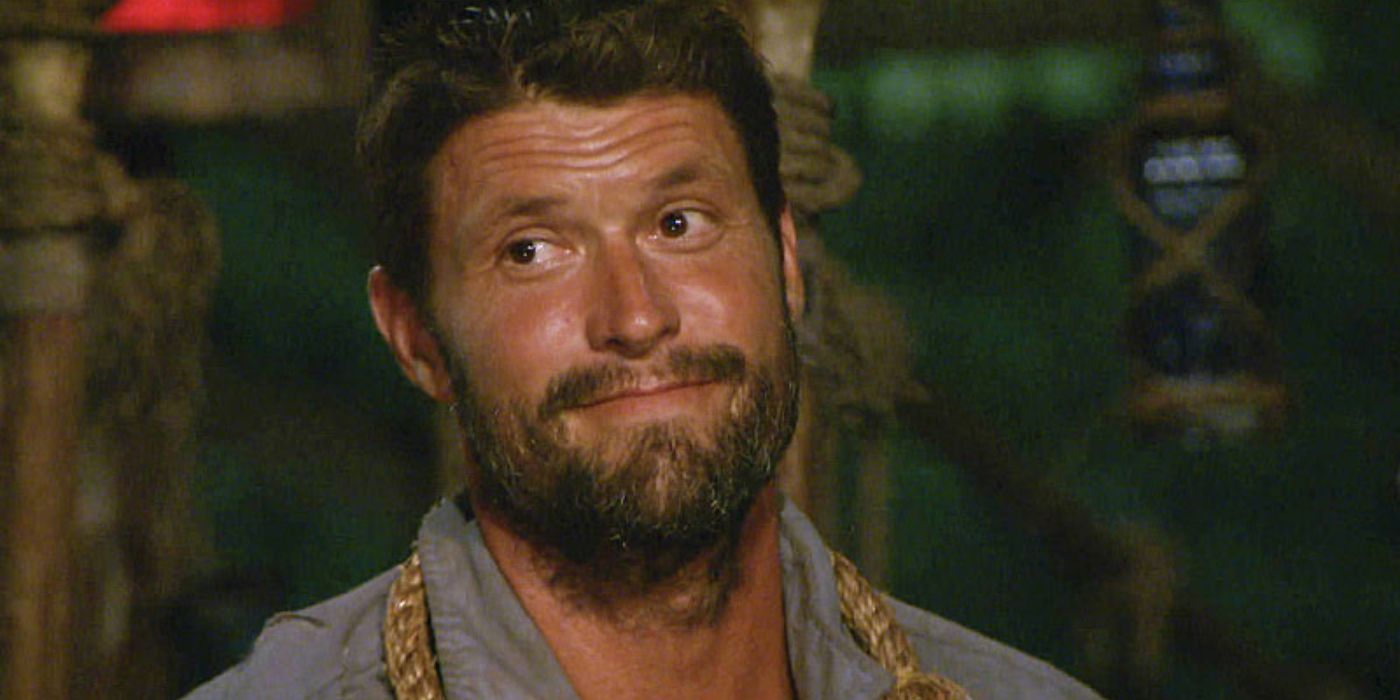 Image via CBS
Image via CBS
Survivor: Cook Islands provides the best example of how immunity wins should be handled. Although Oscar "Ozzy" Lusth won five immunity challenges on his way to the final tribal council, Yul Kwon ultimately won the season in a 5-4-0 vote. Ozzy's immunity wins were considered to be impressive, but they also allowed him to coast through the game without a strategy, instead following Yul's lead for each vote. Yul's strategic game proved to be stronger than Ozzy's immunity win streak and earned him the win.
When a castaway wins immunity, it allows them to either play more loosely or play more passively. The immunity necklace provides a sense of security needed to make a bigger strategic move for castaways with strong gameplay. For those who don't have a strong background in strategy, it allows them to sit back and relax without needing to scramble to save themselves, to their detriment. It's a short-term fix for their long-term issue of having no agency in the game.
Immunity challenges are a helpful tool in outlasting the other castaways when on the bottom. Mike Holloway in Survivor: Worlds Apart utilized his immunity wins as a form of capital to raise his place in the game. By winning immunity, Mike forced those on the bottom of the majority alliance to come to him and hope for a flip against the threats left vulnerable. Once Mike made it to the final tribal council with five wins, he successfully argued that his immunity wins merely kept him safe, while his social ability to flip the majority alliance and dictate each blindside was his winning strategy.
The point of Survivor is to outwit, outplay, and outlast to win the million-dollar prize. While the immunity necklace is nice to have for protection, it's not a strategy. Failure to make the necessary bonds and relationships will result in a loss at the end of the season, as evidenced by Colby Donaldson in Survivor: The Australian Outback. Colby won five immunity challenges and took Tina Wesson to the end, who never won a single challenge. Instead of focusing on immunity, Tina focused on fostering strong bonds with everyone on the jury and playing up her motherly role with the tribe to earn her the victory over Colby.
Winning Individual Immunity Can Be Used to Create Bold Strategic Plays
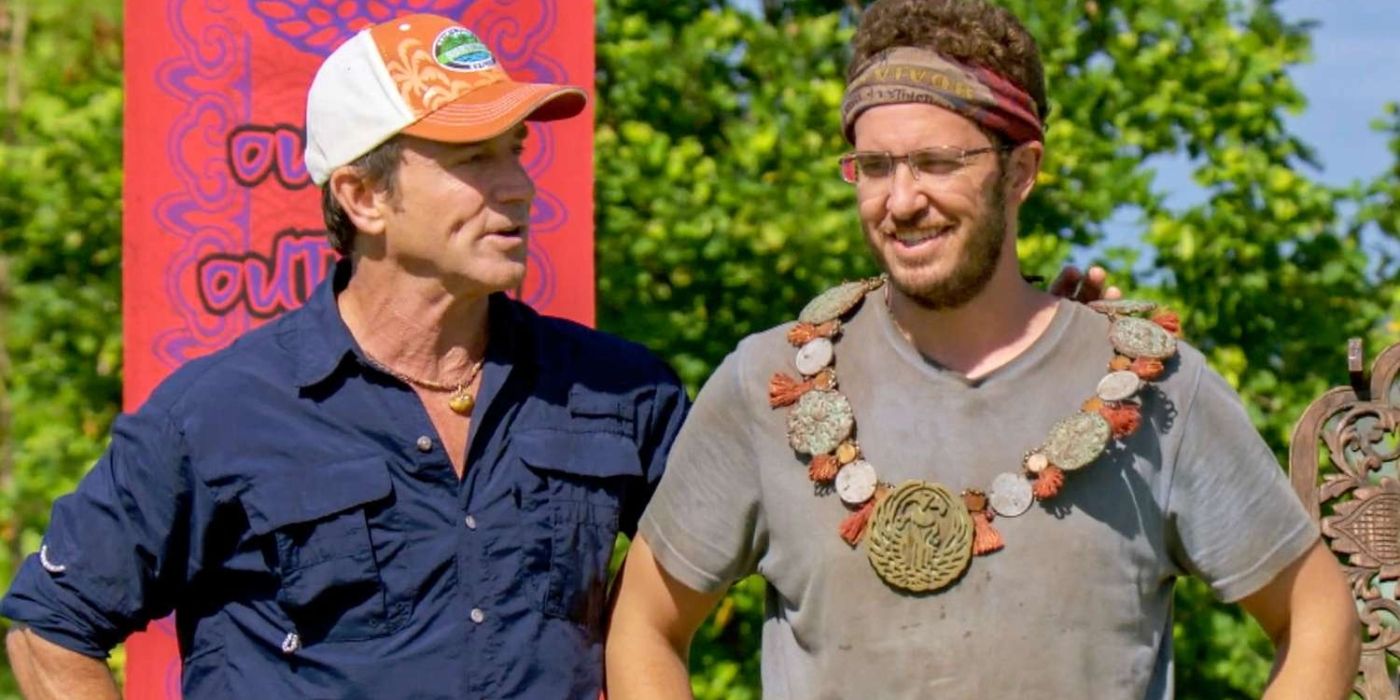 Image via CBS
Image via CBS
Winning immunity simply is not enough of a resume-builder for those looking to win the game. Erik Reichenbach famously gave up individual immunity to Natalie Bolton at the final five tribal council of Survivor: Micronesia to make a risky game move to impress the jury. Unfortunately, he got voted out instead, but the attempt showed that immunity wins are not rewarded over big moves by the jury. This is also seen in Survivor: Edge of Extinction when Chris Underwood gives up individual immunity to make fire against Rick Devens at the final four to add another move to his resume. Ultimately, it worked and Chris won both fire-making and the million-dollar prize.
There is a strategic reason for this misplaced fear of competition winners. Those who know they have the upper hand strategically or socially will use challenge winners as a shield that can be targeted when needed instead of themselves. Playing up a castaway's threat level is a simple yet effective way of lowering their own, and immunity wins are public enough to be a convincing argument.
It has been proven time and again that immunity wins do not win Survivor, yet season after season, challenge threats continue to be voted off before strategic ones. The haste in doing so has proven fatal to many castaways, as they don't vote out the social or strategic players before the end of the game. A Survivor jury will not reward someone who relies solely on immunity wins and it's time the castaways learn this lesson. Survivor is available to stream on Paramount+ in the US.
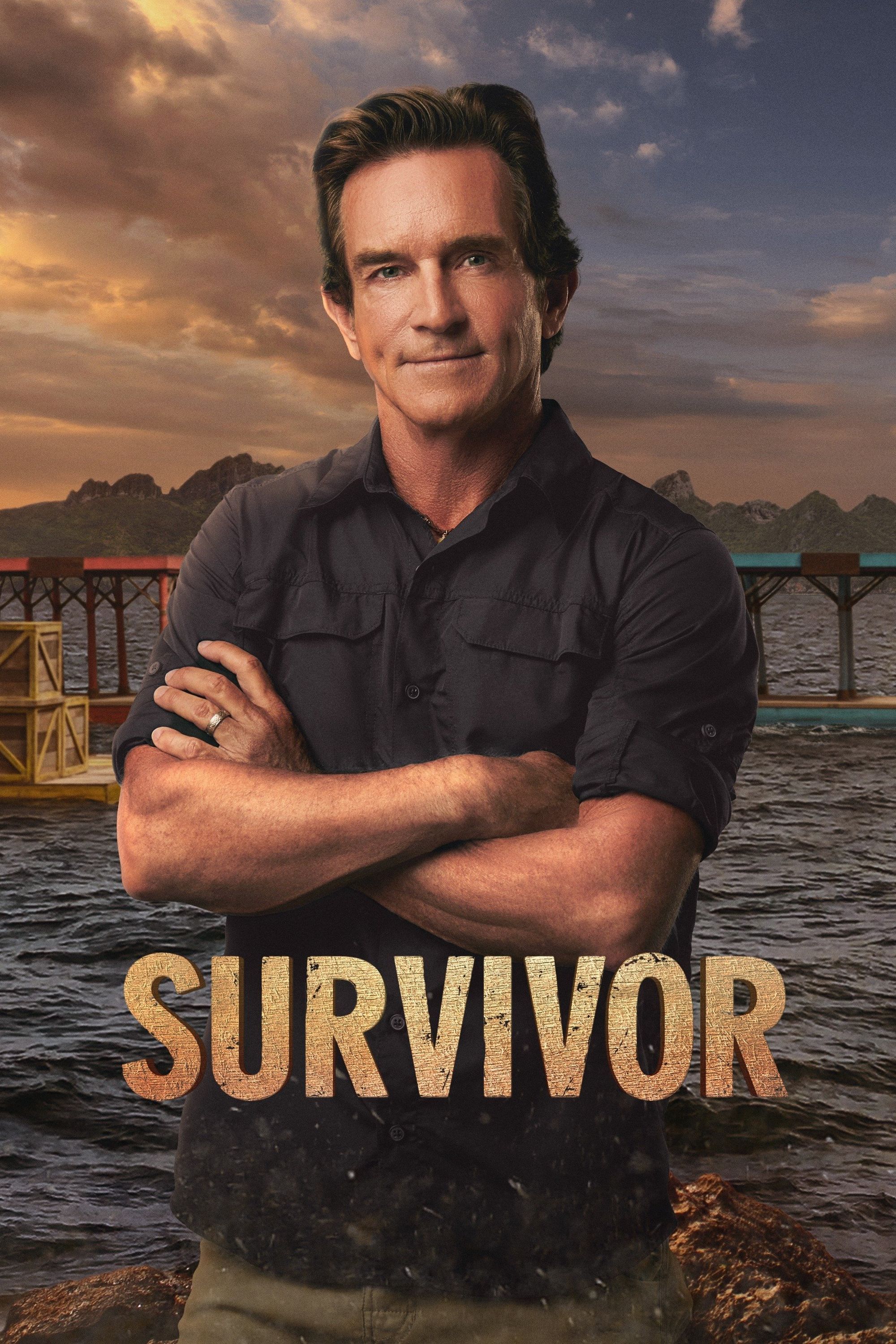
Your changes have been saved
A reality show where a group of contestants are stranded in a remote location with little more than the clothes on their back. The lone survivor of this contest takes home a million dollars.
Release Date May 31, 2000
Cast Jeff Probst
Rating
Seasons 45
Studio
Story By Jeff Probst
Writers Jeff Probst
Network CBS
Directors Jeff Probst
Showrunner Jeff Probst

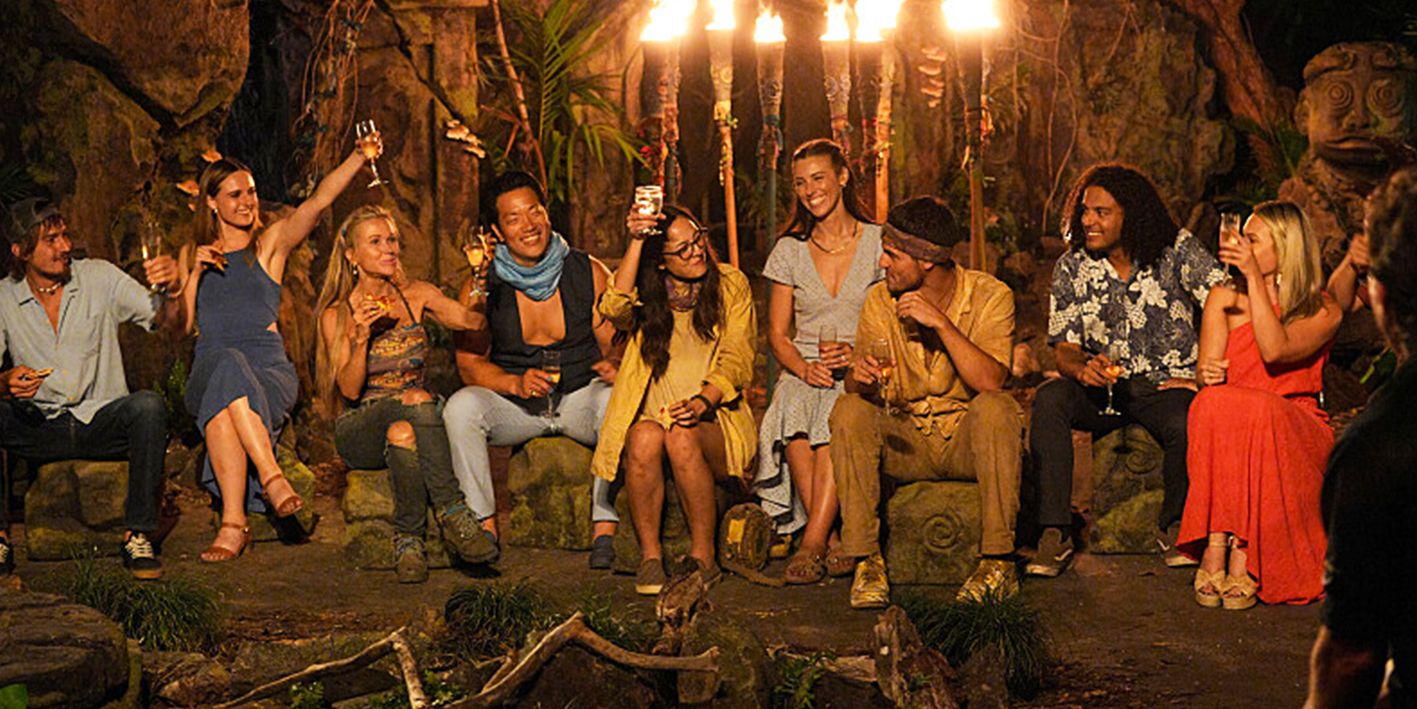


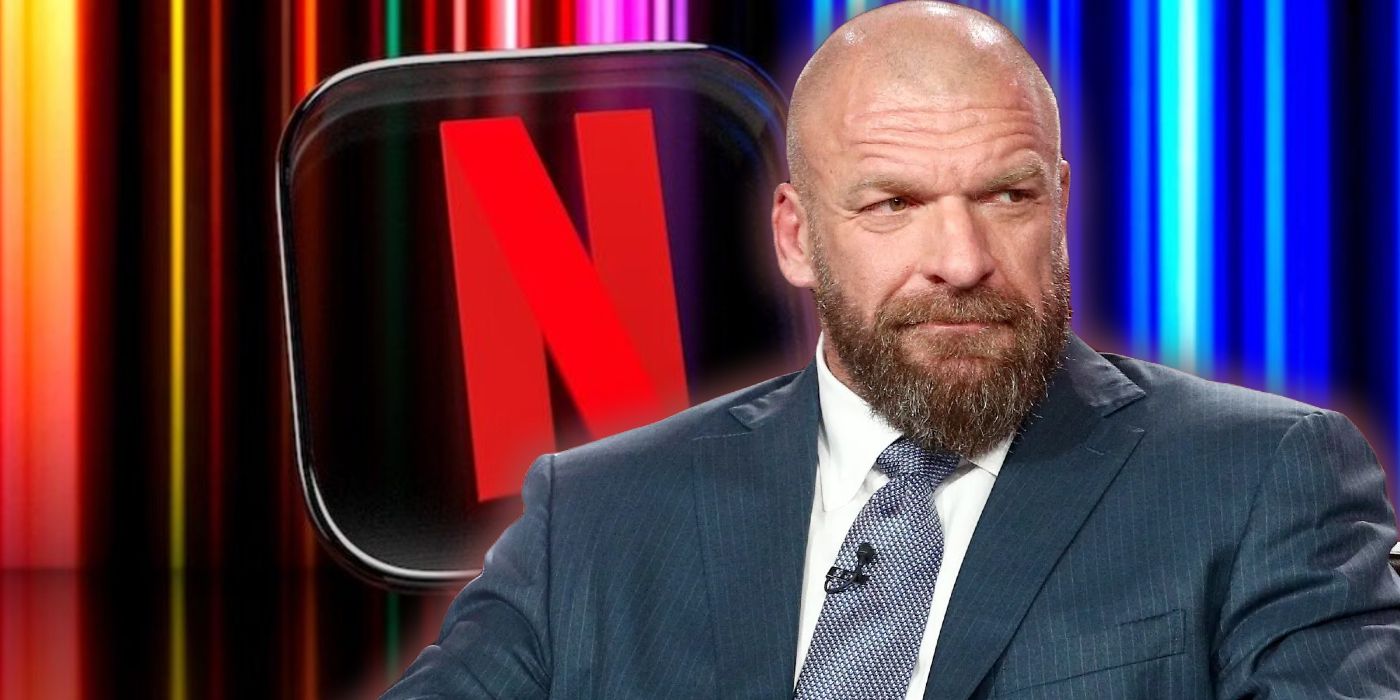





 English (US) ·
English (US) ·